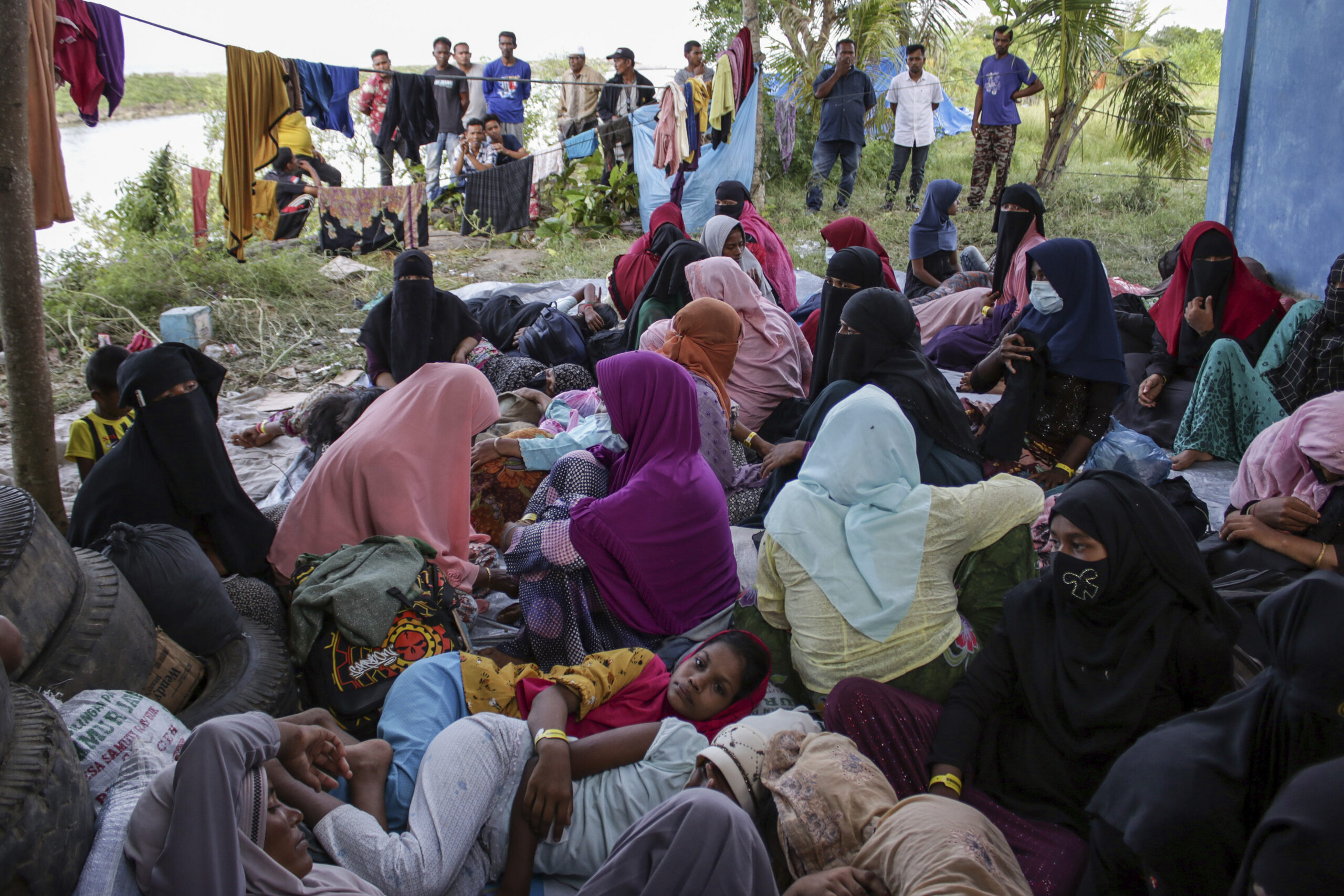LHOKSEUMAWE, Indonesia (AP) — Almost 1,000 Rohingya Muslims from Myanmar have arrived by boat in Indonesia’s northernmost province of Aceh in the last six days, officials said Monday.
They included five groups with women and children who were afloat for days. One batch of more than 240 people was twice denied landing by residents in Aceh Utara district, sparking concerns from human rights organisations. The group finally disembarked in Bireuen district on Sunday morning.
“We thank the authorities and local communities who have received and granted landing permits for them and in the future we hope that this spirit of solidarity and humanity will continue to be extended to refugees who need assistance and protection,” the UN High Commissioner for Refugees said in a statement.
The refugees arriving in Aceh had endured a difficult sea journey. Most of them left refugee camps in Bangladesh, where more than 700,000 had fled following a crackdown by Myanmar’s army in August 2017. Myanmar security forces have been accused of mass rape, killings and the burning of thousands of Rohingya homes.
Most of the refugees have attempted to reach Malaysia, but many have ended up in Indonesia along the way.
“The thwarted landing of hundreds of Rohingya refugees is a big step back for Indonesia, where communities have previously shown generosity and humanity towards those seeking safety after perilous boat journeys,” said Usman Hamid, executive director for Amnesty International Indonesia.
Indonesia’s Ministry of Foreign Affairs said that it is not a party to the 1951 Refugee Convention, and does not have the obligation or capacity to accommodate refugees.
“Accommodation has been provided solely for humanitarian reasons. Ironically, many countries party to the convention actually closed their doors and even implemented a pushback policy toward the refugees,” Lalu Muhamad Iqbal, the ministry’s spokesperson, said in a statement.
He said that Indonesia’s kindness in providing a temporary shelter has been widely exploited by people-smugglers who seek financial gain without caring about the risks faced by refugees, especially vulnerable groups such as women and children.







